Digital Services Act & Terrorist Content Online Regulation: Analysis and Comparison
Discover the regulatory landscape shaping the digital world with the European Union's (EU) Digital Services Act (DSA) and Regulation on Terrorist Content Online (TCO).
Our briefing explores how both measures are concerned with reducing online harm in the EU, but differ in the nature and extent of: the harm they purport to mitigate; the burden of compliance imposed on platforms undertaking relevant activities; and on the activities which bring platforms in scope.
Disclaimer: Funded by the European Union. Views and opinions expressed are however those of the author(s) only and do not necessarily reflect those of the European Union or the European Commission. Neither the European Union nor the granting authority can be held responsible for them.
| Terrorist Content Online | Digital Services Act | |
|---|---|---|
| Definition | The TCO defines terrorist content as any content that promotes, encourages, or instructs the commission of terrorist offences. | The DSA defines illegal content as any information that does not comply with EU legislation, or with the law of a member state concerned. A specific terrorist content definition is not included in this regulation. |
| Platform scope | The TCO focuses on Hosting Service Providers. | The DSA covers three types of intermediary services: mere conduit services, caching services, and hosting services. It applies to various digital intermediaries and encompasses all services provided through the internet. An exception is made for platforms that store and distribute user-generated content as only an insignificant part of their service. |
| Territorial scope | The regulation applies to Hosting Service Providers that:
|
The law applies to those intermediaries which:
|
| Size scope | The TCO does not impose any additional responsibilities proportionate to the size and the reach of the platforms. | Specific due diligence obligations apply to hosting services, in particular very large online platforms (VLOPs) which have a significant societal and economic impact, meaning those reaching at least 45 million users in the EU. |
| Removal orders | The TCO establishes strict guidelines that require the removal of terrorist content online within an hour of receiving an order to do so from the Competent Authority of a Member State. The Competent Authority should provide the HSP with the applicable procedures and deadlines at least 12 hours before issuing the first order. | Under the DSA, platforms are required to comply without undue delay with removal orders issued by Member States for illegal content. |
| Content moderation | Platforms need to take proactive measures to remove terrorist content and implement detection techniques to deter users from accessing it. | The DSA establishes broader responsibilities and emphasizes the importance of active moderator participation for preventing the propagation of illegal content. |
| Complaint mechanism | Both the DSA and the TCO require platforms to have complaint mechanisms that prioritize consideration of the user's perspective when resolving concerns relating to a piece of content uploaded by that user. | |
| Transparency report | The TCO imposes annual reporting obligations for Competent Authorities and HSPs. However, compared with the DSA, a TCO-compliant report needs to include more detailed information focusing on the removal of terrorist content. | The DSA requires platforms to provide annual transparency reports that allow assessment of the platforms' content moderation efforts, the removal orders received and actioned, user complaints, and actions taken. |
| Crisis response mechanism | The TCO limits the role of HSPs in crisis response. However, HSPSs are nonetheless required to promptly inform the relevant authorities of the Member State concerned, or the Competent Authority of the Member State they are established in, of imminent threats to life or suspected terrorist offences. | The DSA requires platforms to take specific measures when a crisis is declared, which is defined as a serious threat to public security or public health in the Union, which includes acts of terrorism or emerging acts of terrorism. |

